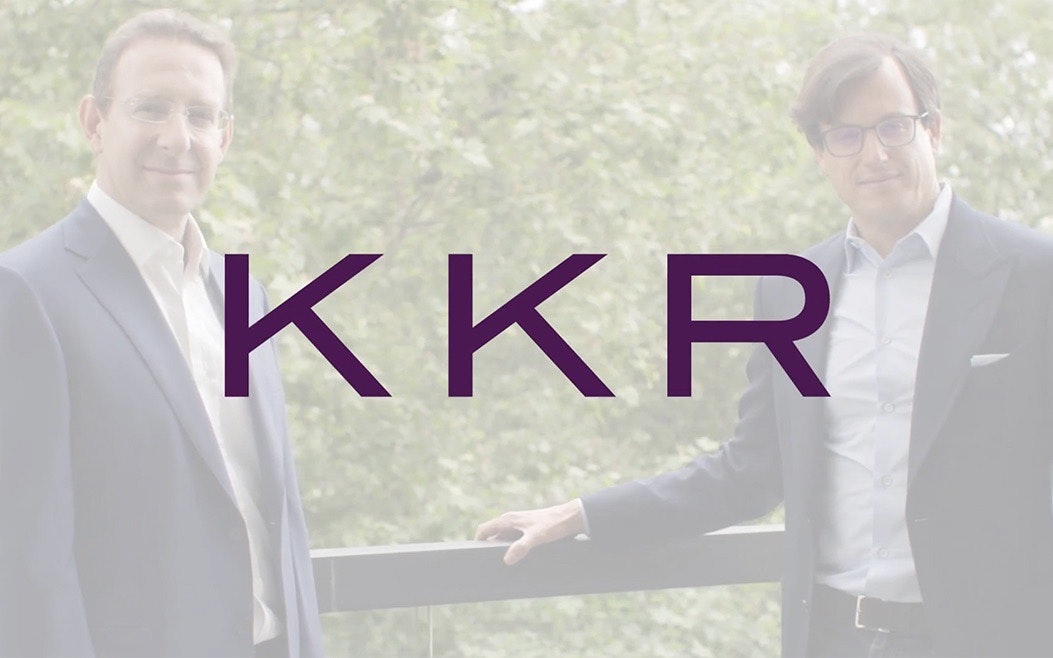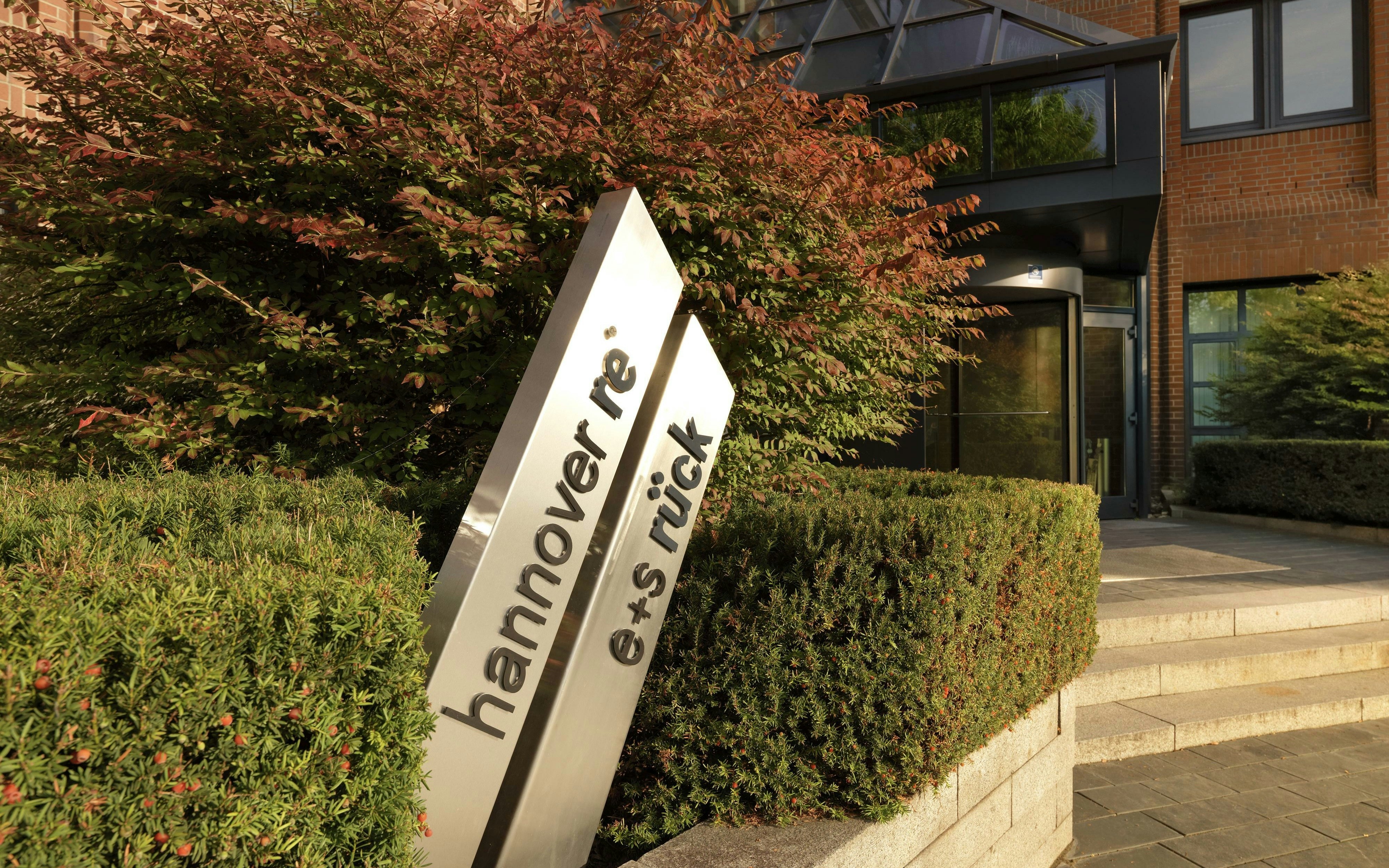Olaf Scholz, incumbent Chancellor and SPD candidate, has made support for Ukraine and the balance between aid and escalation a central campaign issue. Friedrich Merz, opposition leader of the CDU, sharply criticizes Scholz and accuses him of making German support for Ukraine hesitant and uncoordinated.
Last weekend, Scholz accused Merz of "playing Russian roulette with Germany's security," while Merz described the Social Democrats as a party that "thrives on fears of a war." Both candidates portray themselves as decisive players in dealing with Russian aggression against Ukraine.
A central point of conflict is the delivery of Taurus cruise missiles to Ukraine. Scholz rejects Kyiv's demand for the long-range weapons, arguing that it could escalate the conflict and bring German troops into Ukraine. Merz, on the other hand, calls for tougher measures against Moscow and sees the provision of the missiles as an effective means of pressure.
While CDU and Greens support the delivery of weapons, 63 percent of the German population support Scholz's cautious stance, according to an RTL/ntv survey. SPD supporters, in particular, are skeptical of further military escalations.
Scholz uses his position as incumbent chancellor to present himself as a "prudent statesman" who is intent on avoiding escalations while supporting Ukraine. At an SPD party conference, he called his rivals Merz and the Green chancellor candidate Robert Habeck "hotheads" who could drive Germany into a war with Russia.
His recent trip to Kyiv, the first in two and a half years, underscored this message. Scholz promised President Volodymyr Zelensky additional military aid amounting to 650 million euros by the end of the year. At the same time, he irritated international allies by holding talks with Vladimir Putin without consulting partners – a decision criticized by both Merz and Zelensky.
Merz exploits these weaknesses to question Scholz's leadership. He accuses the Chancellor of responding too late to Ukraine's requests for heavy weapons, indirectly favoring Putin's war strategy. Additionally, Merz attacks Scholz for his "unilateral actions," such as the phone conversation with Putin, which, according to Merz, worsened the situation in Ukraine.
For the first time, foreign policy is at the center of a federal election campaign.
The tensions in the election campaign underscore the deep divisions in the German political landscape, which are exacerbated by the rising popularity of the AfD and the BSW party founded by Sahra Wagenknecht – both call for an end to German arms deliveries.
Scholz's efforts to portray himself as a guarantor of peace could help him with opponents of the war, but commentators warn that this strategy is risky. "It is irresponsible to stoke fears of a war during the election campaign," says Carlo Masala from the Bundeswehr University in Munich.





